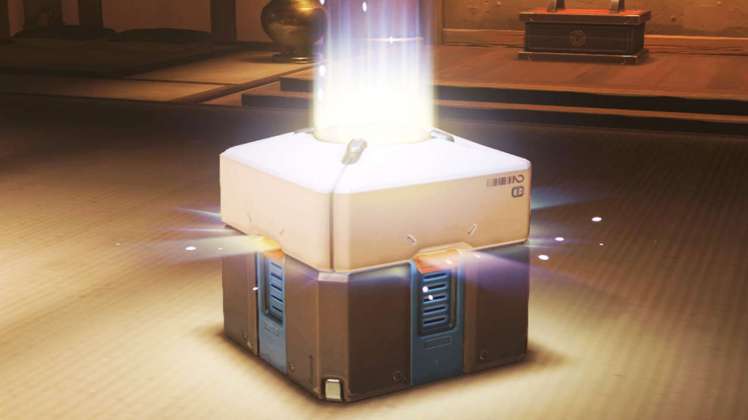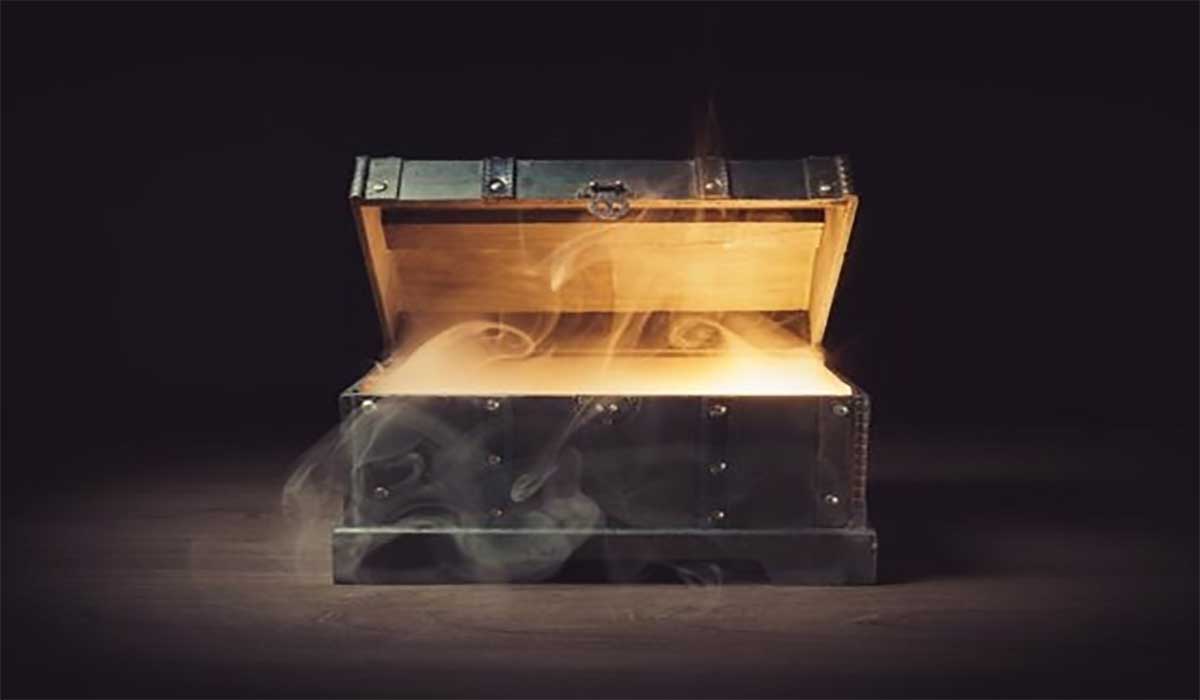It seems that 2018 will be a turning point for loot boxes in the gaming industry. The controversial in-game features had been criticised for a long time, but criticism escalated after the release of Star Wars: Battlefront II in November 2017, because the game’s multiplayer gameplay is heavily restricted and gamers have to perform various microtransactions in order to get the most out of the game.
Tensions kept escalating throughout 2017 and well into 2018. In February, the Entertainment Software Rating Board (ESRB) – the association which rates the content of video games, announced its position regarding the controversial topic. The self-regulatory corporation came up with a solution that, sadly, is not likely to change anything – ESRB came up with a new label: “in-game purchases”. This label could even make things worse, as it would be applicable in a vast majority of games.
IMAGE: THE VERGE
The ESRB has amazingly broad criteria – the association covers any game that offers the ability to buy in-game items with real money, regardless of the context. Loot boxes may contain bonus levels, skins, music, character lines, upgrades, etc.
But the matter is more complex than that. First of all, the way in-game purchases are implemented and the amount of money they cost is not the same in every game. For example, some games lack the controversial loot box element but nevertheless have an in-game store where players can buy in-game currency with real money. This feature is not the same as the loot box feature, which lets players pay real money for a random item – a concept that is not that much different than slot machines at casinos. But the ESRB does not differentiate one thing from the other.
What Makes Game Developers Implement Such Controversial Features?
The answer is evident – it is all about money. The prices of video games have remained relatively the same for many years, with players purchasing a game for about $60. However, game development prices have quadrupled, and so, out of necessity, developers have started including “loot box” features in their creations. However, since players pay real money without a guarantee for reward, those who are prone to gambling addictions could be lured into “video game gambling”.
What is more, legislators look so negatively on loot box features because they can beguile children into gambling. Casino gambling has age limitations for a reason, and it is a problem when children-friendly games have almost the same gambling element as slot machines.
Yet, ESRB says that loot boxes are not gambling, because the player always receives something. The argument is not valid, though, as some rewards are substantially better than others.
Is Change About To Come To Loot Boxes At Last?
Recently, a renown video game attorney named Ryan Morrison interviewed the lawyer Mark Whipple. In most states, Whipple said, gambling was considered gambling if it included three key features: consideration – paying for playing, chance – an outside force that determines how the game will end, and prize – anything of value. Whipple emphasized on the last feature, saying that “anything of value” did not necessarily mean money.
Some states are trying to create legislation that bans children from buying loot boxes. Hawaiian state representative Chris Lee regards loot boxes as “predatory gaming practices”, claiming that loot boxes and microtransactions are specifically designed to exploit the human mind in a way that is largely the same as good website where to play roulette online.
Other legislators have reminded the public of the numerous cases of children being fond of buying loot boxes, thus spending thousands of dollars from their parents’ credit cards. Just last year, a Reddit user posted an open later in which they address EA and other game developers who take advantage of the loot box concept. In the letter, a 17-year-old gambling addict reveals their struggle with video games’ loot box features, on which the teenager had spent over $17,000.
In Australia, a regulator has agreed that the loot box feature essentially is gambling and if more regulators reach the same conclusion, the gaming industry in Australia could change for the better.
Last, but not least, some countries have already taken measures to ban loot boxes, claiming that they lure children into gambling from an early age. Just recently, the Netherlands declared loot boxes in violation of the country’s gambling laws. The game developers whose games were found to be in violation of the law must remove the controversial in-game features by mid-June, otherwise, fines and prison could follow. Not much later, Belgium’s Gambling Committee followed suit and decided that developers could face a fine of up to €800,000 and up to 5 years in prison. What is more, if children are lured into gambling by loot boxes, those sanctions could be doubled.
With Netherlands and Belgium leading the way, many European countries are likely to follow. Should more countries ban loot boxes, game developers will have no choice but to remove the controversial features altogether.
If you are interested in even more entertainment-related articles and information from us here at Bit Rebels then we have a lot to choose from.


COMMENTS